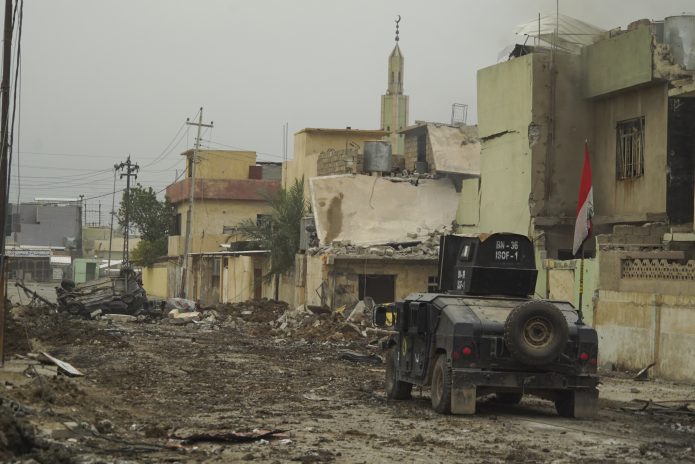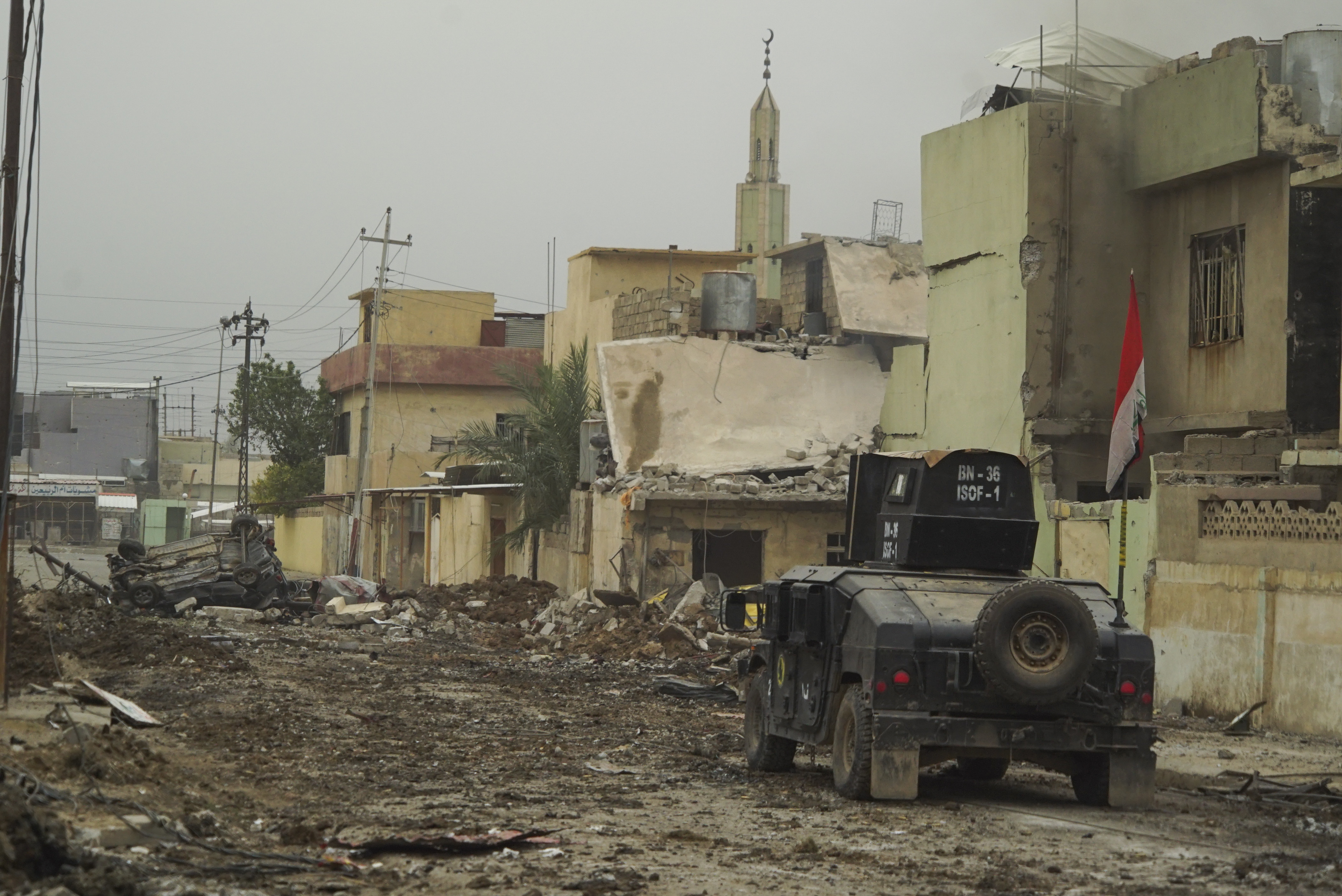
(Photo: WikipediaCommons)
ISIS’ occupation of Mosul, once Iraq’s second largest city, has virtually come to an end. Though small-scale fighting continues, and U.S. military strikes continued through at least July 17, ISIS control over the city has largely collapsed. Many among the ISIS forces were killed, many fled and many have probably melted back into local communities. U.S., Iraqi, and some other governments and media are celebrating the defeat of ISIS as the liberation of the city.
Certainly there is a great relief for the hundreds of thousands of residents who were driven out of their homes or who survived years of ISIS brutality, extremism and destitution. Certainly the end of ISIS control of its largest Iraqi population center is important in the struggle to reduce and eventually end the financing, military power and global appeal of the terrorist organization. The same is true of the likely military defeat of ISIS in Raqqa, its Syrian center and “capital” of its so-called caliphate.
But, as the New York Times vastly understated in an editorial last week, “the celebration should be brief.”
Who Pays the Price?
The price paid by the people of Mosul is incomprehensibly high. Thousands of civilians have been killed—no one knows exactly how many people have died, how many bodies remain crushed under the rubble of the once-vibrant city, how many whole families have been lost, how many children have been orphaned. A million or so were displaced from their homes; hundreds of thousands of weakened, malnourished Moslawis, many of them psychologically devastated from years under ISIS rule, are still languishing in ill-equipped camps in the desert outside the city, where temperatures routinely soar to 120 degrees.
No one can be sure yet of which military forces fighting in and around Mosul were responsible for exactly which civilian deaths. Certainly ISIS killed many people—directly and indirectly. There is little question, however, that the United States caused a major share of the carnage. On May 19 the Trump administration announced that its new tactic in both Mosul and Raqqa would be to surround and “annihilate” ISIS; this translated, as expected, into a cascading escalation of violence against the trapped civilian populations.
